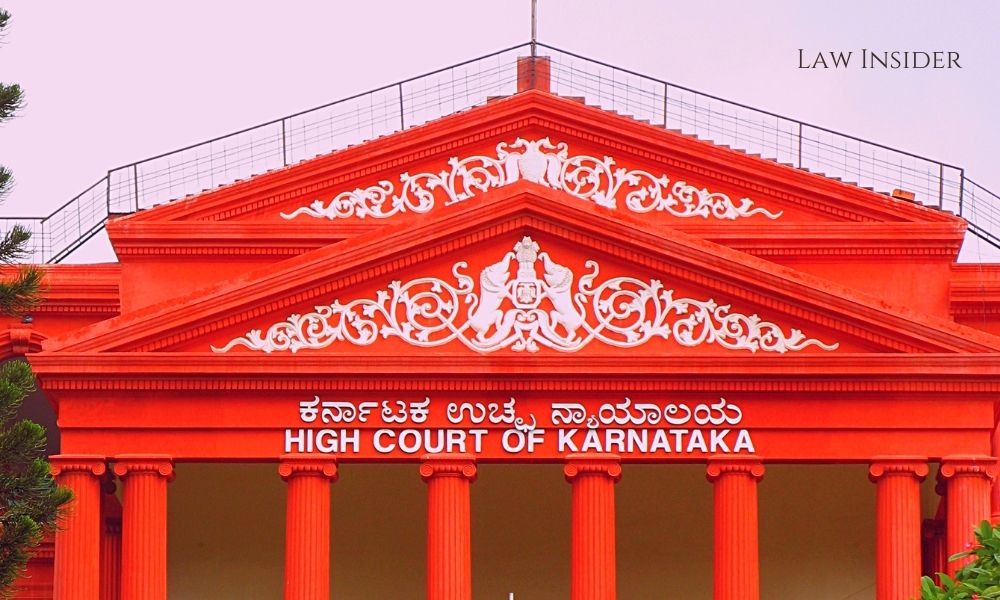LI Network
Published on: 02 October, 2023 at 21:23 IST
The Karnataka High Court has held that the State cannot be considered a ‘victim’ under Section 2(wa) of the Criminal Procedure Code (CrPC).
The Court highlighted that the State must follow the legal procedure and file an appeal under Section 378 of CrPC if it wishes to challenge a judgment of acquittal. The decision came in response to a criminal revision petition filed by the State, dissatisfied with the acquittal of the accused under Sections 504, 324, 498A, and 506 of the Indian Penal Code (IPC) by the Additional Civil Judge and JMFC.
Justice S. Rachaiah, presiding over the single bench, pointed out that according to the proviso, the victim possesses the right to appeal against an acquittal before the Sessions Court.
The definition of ‘victim’ under Section 2(wa) of CrPC includes “a person who has suffered any loss or injury caused by reason of the act or omission for which the accused person has been charged and the expression ‘victim’ includes his or her guardian or legal heir.” The State, based on this definition, does not fall under the category of ‘victim.’
The case in question revolved around domestic violence, where the accused allegedly assaulted his wife and her family members. Despite complaints and attempts to reconcile, the situation escalated, leading to legal action against the accused. The Trial Court acquitted the defendant, a decision upheld by the Appellate Court, prompting the State to appeal in the High Court.
Justice Rachaiah emphasized the distinction between the rights of the victim and the State in filing appeals against acquittals.
The Court noted that separate provisions exist, and each entity must exercise its jurisdiction independently. The ruling clarified that when there are distinct provisions granting specific rights to victims and the State, those provisions must be adhered to strictly.
The Court further pointed out that the State had erroneously filed an appeal under Section 372 of CrPC, which is not permissible under the law.
The Appellate Court, despite lacking jurisdiction, proceeded with the case, rendering its decision null and void. Consequently, the High Court dismissed the criminal revision petition, upholding the necessity for the State to file appeals under Section 378 of CrPC in such instances.

